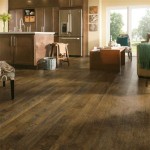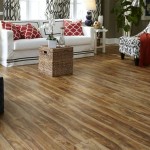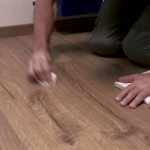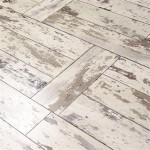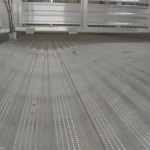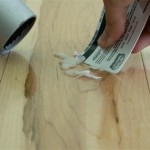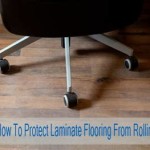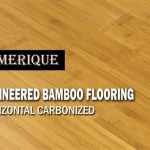Essential Aspects of Hardwood Flooring Plywood Subfloor
Installing hardwood flooring requires a solid and stable subfloor to ensure its durability and longevity. Plywood subfloors are a popular choice for hardwood flooring due to their strength, stability, and ability to minimize subfloor imperfections. Understanding the essential aspects of plywood subfloors is crucial for a successful hardwood flooring installation.
Type of Plywood
For hardwood flooring, exterior-grade plywood is recommended as it is moisture-resistant and can withstand the changes in humidity and temperature that can occur in a home. The most common type of exterior-grade plywood used for subfloors is CDX, which is made from Douglas fir or southern pine. Its face veneer is rough-sawn, and its interior plies are made from lower-grade wood.
Thickness and Span Rating
The thickness and span rating of the plywood subfloor determine its strength and ability to support the weight of the hardwood flooring. For residential applications, a minimum thickness of 3/4 inch is typically used. The span rating refers to the distance between the floor joists or framing members on which the subfloor is installed. A higher span rating indicates a stronger plywood that can support more weight over a longer distance.
Underlayment
An underlayment is placed between the plywood subfloor and the hardwood flooring to provide a layer of cushioning, reduce noise, and mitigate minor subfloor imperfections. Underlayments come in various materials, including foam, cork, and rubber. The type of underlayment used will depend on the specific needs of the hardwood flooring.
Installation
Installing the plywood subfloor correctly is essential to ensure its stability and longevity. The subfloor should be fastened to the joists or framing using nails or screws, with the joints staggered for strength. The fasteners should be spaced evenly and driven in flush with the surface of the plywood. Once installed, the subfloor should be sanded smooth to create a level and even surface for the hardwood flooring.
Moisture Control
Moisture control is crucial for preventing damage to both the plywood subfloor and the hardwood flooring. The subfloor should be installed in a well-ventilated area, and any sources of moisture should be eliminated. A vapor barrier may be required in areas with high humidity or moisture levels to prevent moisture from seeping up through the subfloor and damaging the hardwood flooring.

Plytanium S I Floor Plywood Subfloor Panels Georgia Pacific

Better Floor Performance Starts With A Solid Subfloor System Hardwood Floors

Choosing Subfloor For Hardwood Tile And Laminate Floors

What Type Of Plywood Is Best For Subfloors

Breakfast Room Progress Plywood Subfloor Installed Over Concrete Slab For Nail Down Solid Hardwood Flooring Addicted 2 Decorating

What Is A Subfloor The Foundation Beneath Beauty Empire Today Blog

Installing Wood Subfloors Over Concrete Hardwood Floors

How Much Does It Cost To Replace A Subfloor 2024

Plywood Floors All You Need To Know Bob Vila

How To Install Hardwood Flooring The Home Depot
Related Posts

